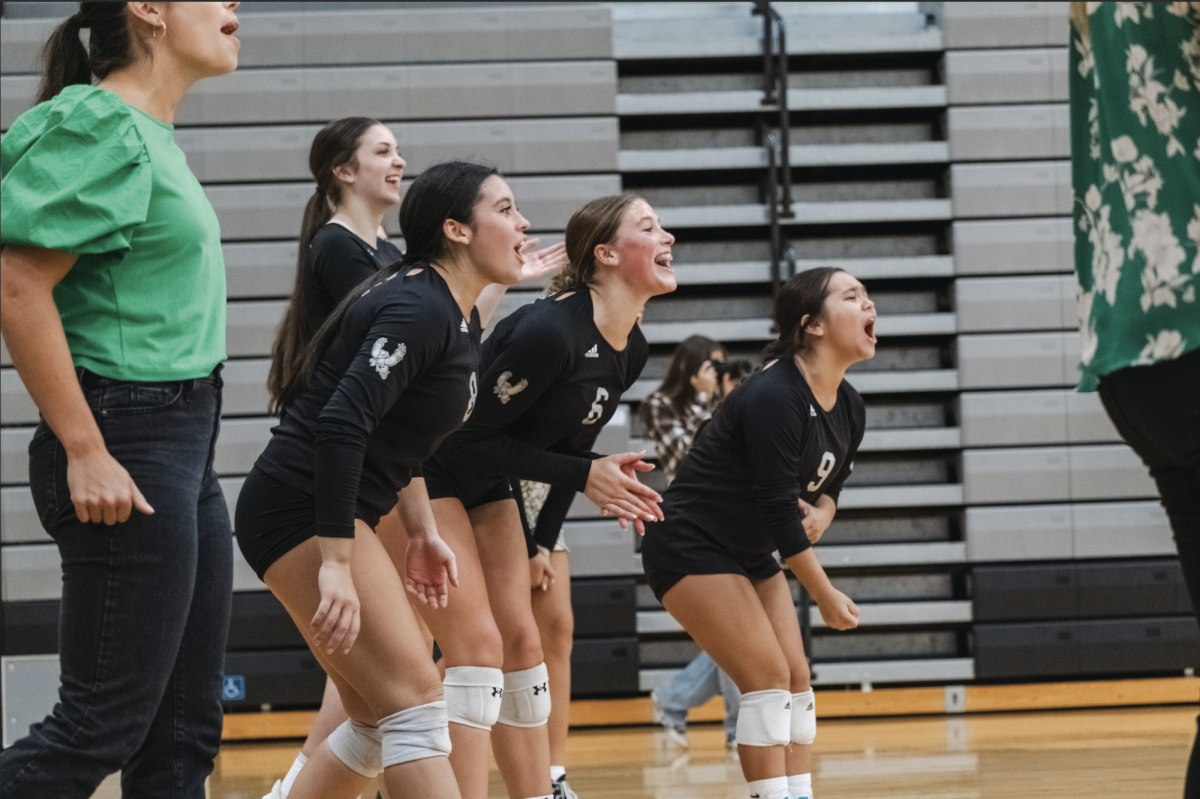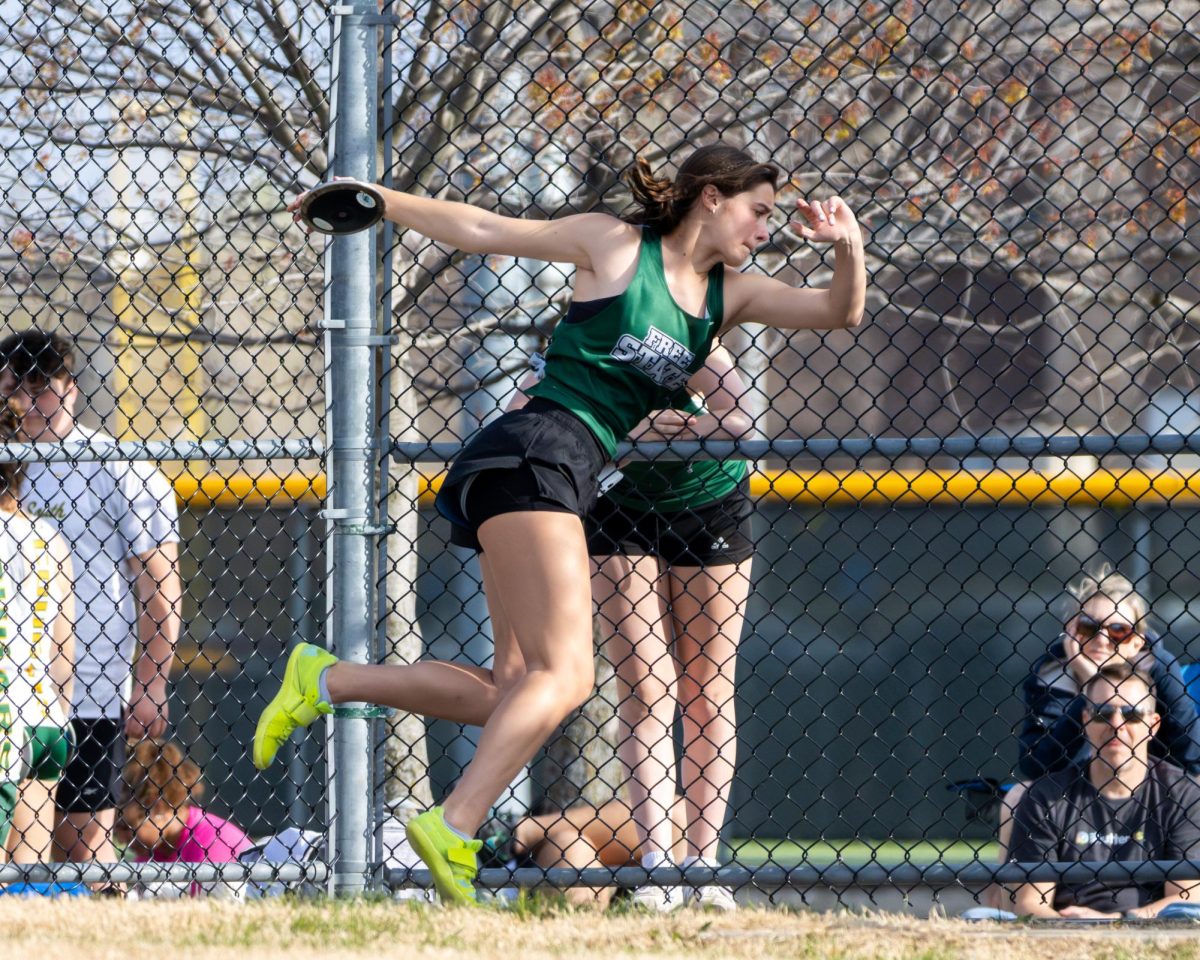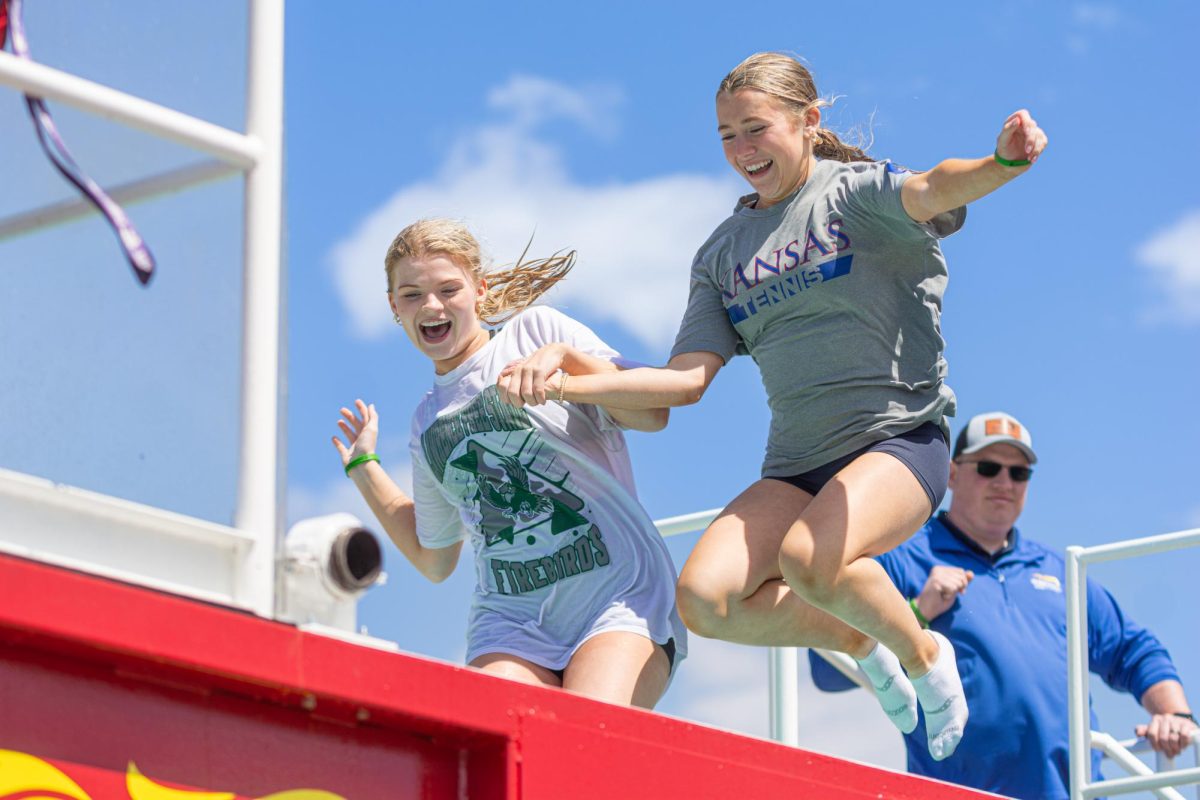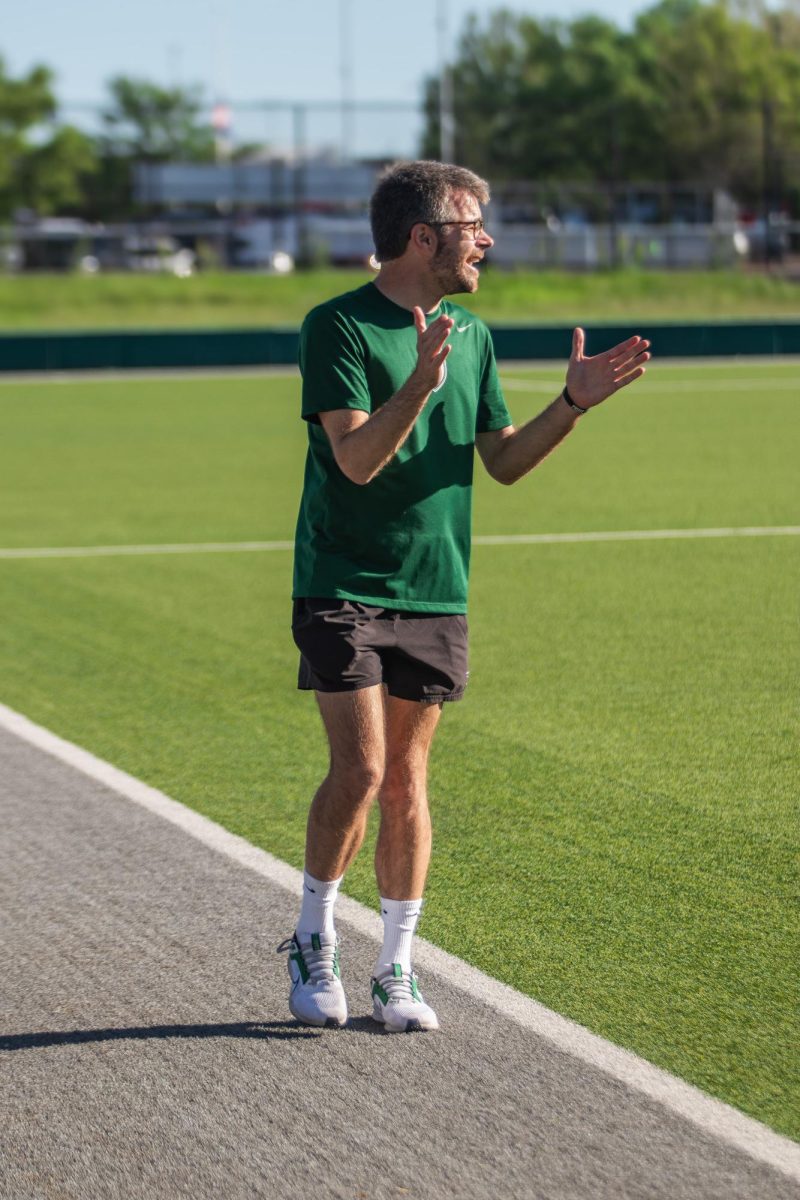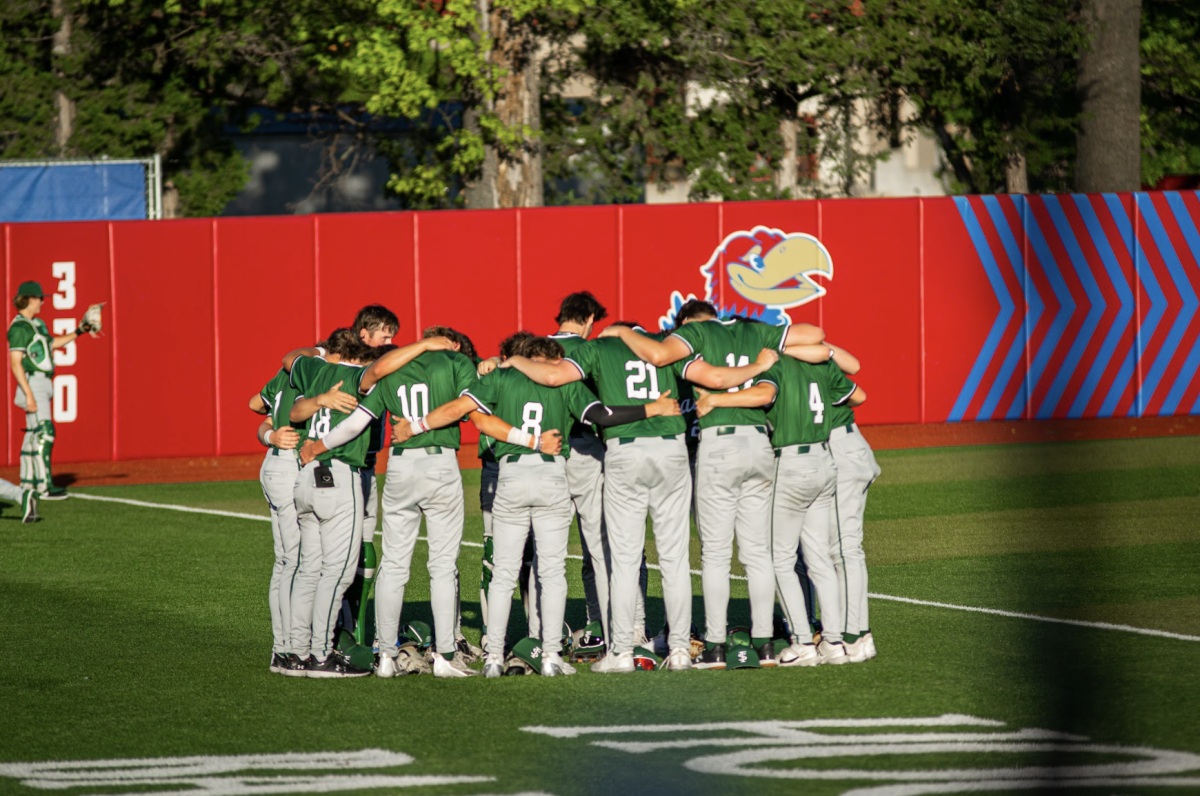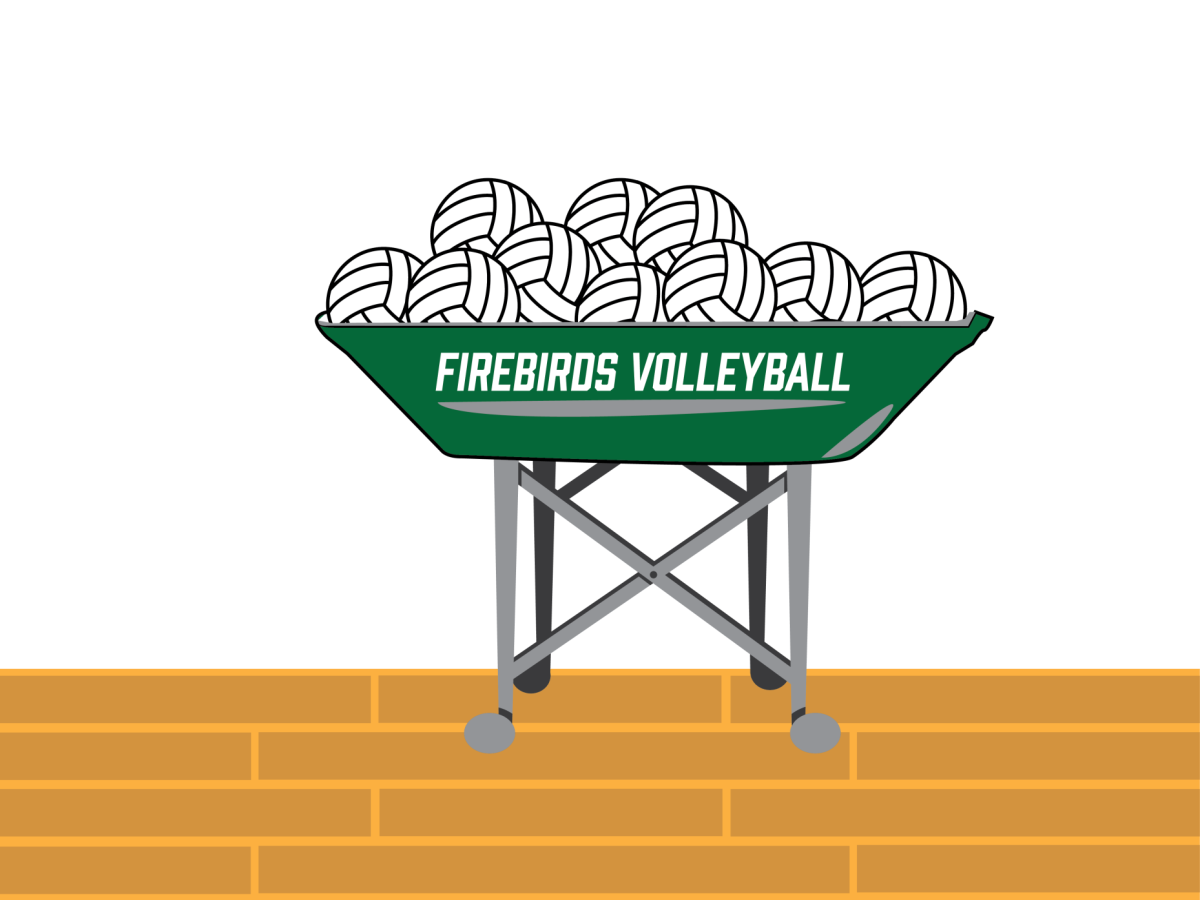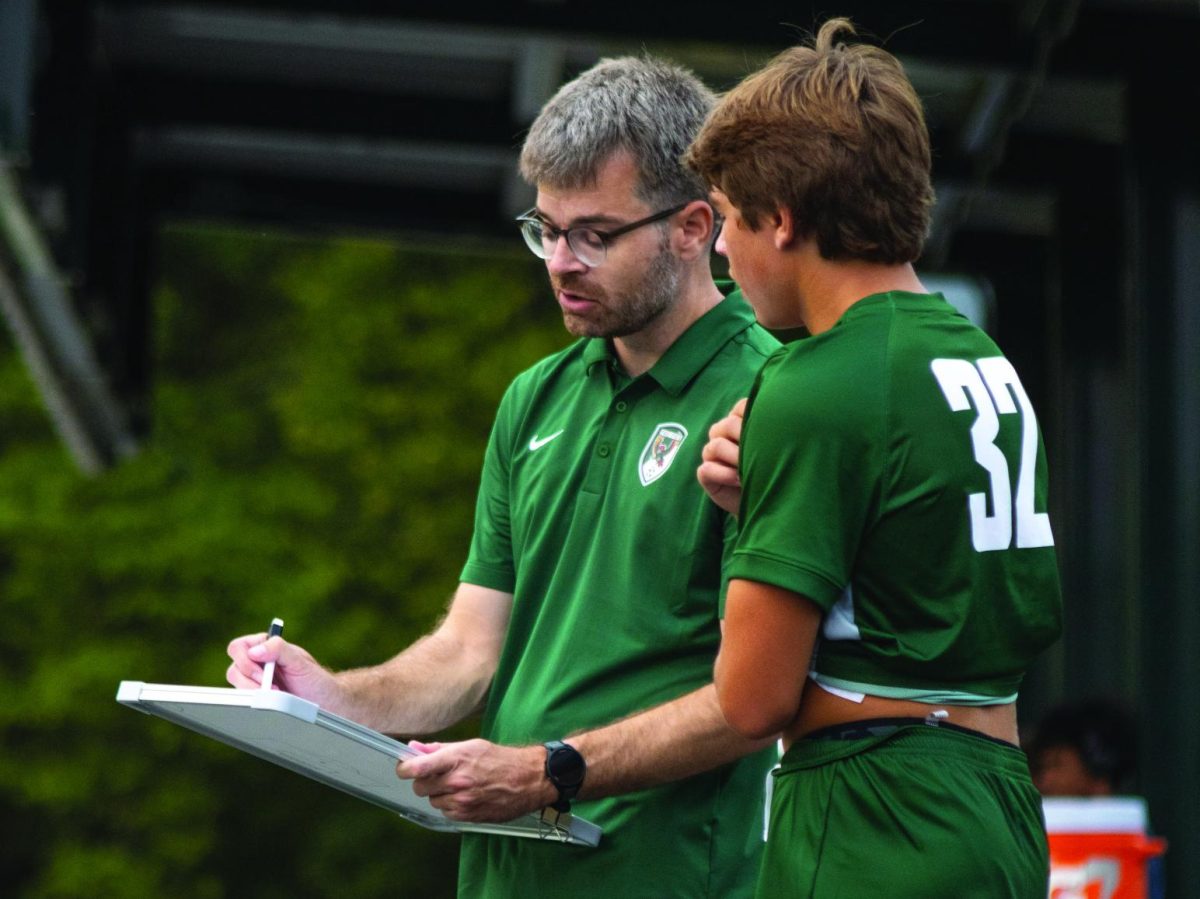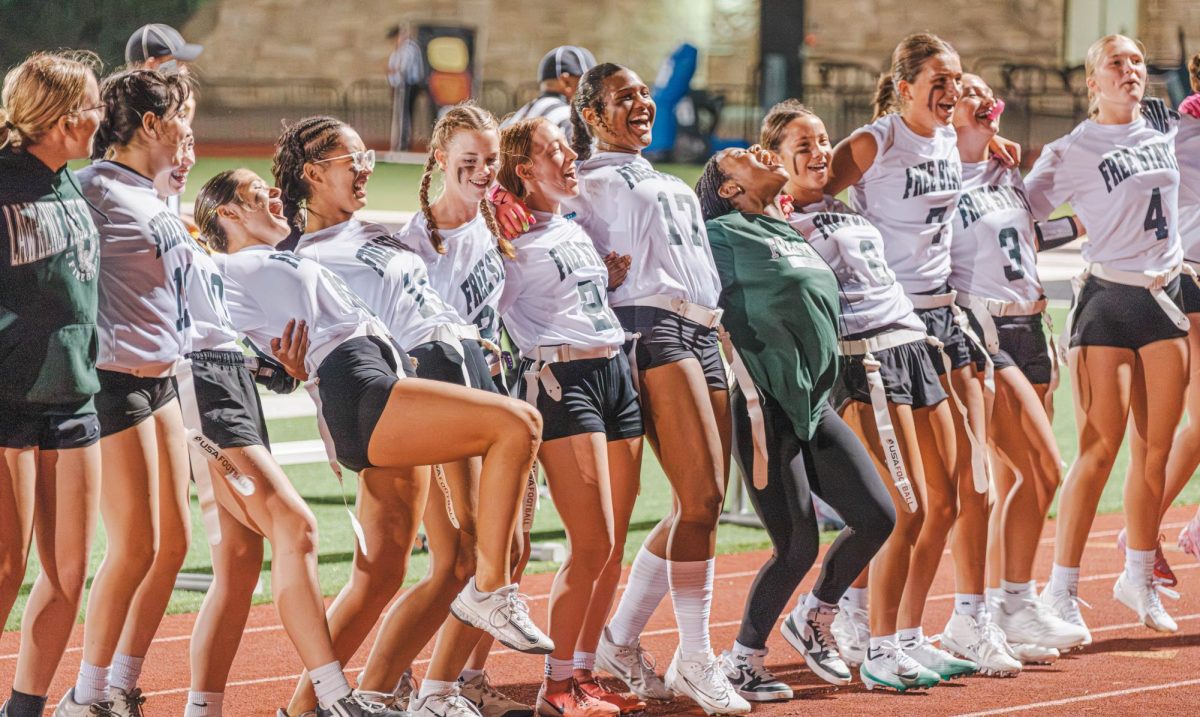For years, volleyball setters have trained their hands to avoid getting called on double contact. Now, the recent removal of the rule has set off discussion among players on how much the sport will change.
“[Players] don’t like the rule changing because it’s the only thing keeping setters from making the game unfair,” Husky Juniors Volleyball club member and middle-blocker Jovea Wood said. “Now that the rule changed, the setter can touch it twice, which can be difficult for the other team to get the ball.”
A double contact is when a setter, the player who runs the team’s offense, touches the ball with their hands separately rather than at the same time. When this is called, the team will ultimately lose their point, and the ball will go to the opposing side.
To avoid losing points, setters train relentlessly to contact the ball clean. With this rule now legalized, some wonder how setters will play their part in matches, as their role in play-making forces them to stand out amongst other positions
“A lot of people are questioning if a setter will even be necessary,” senior Landsharks volleyball member Ellie Trummel said. “It will make setters not be as prominent of a character anymore and increase the length of rallies. It’s going to make [volleyball] less of an exciting game.”
The NCAA’s Women’s Volleyball Rule Committee is responsible for this change, which was discussed during a meeting in Indianapolis the week of Jan. 1. During the NCAA’s Women’s Volleyball Rule Committee meeting in Indianapolis the week of Jan. 1. Reacting to this sudden alteration, setter freshman Aiyanna Moss expressed concerns about its impact.
“Making doubles legal just takes the beauty of setting away,” Moss said. “It’s going to ruin everyone’s perspective of volleyball.”
Freshman Tessa Nover-Estes, who plays at both school and Kansas City Power Volleyball Club has concern for younger players who may be trained incorrectly because of this. Only time will tell if the legalization of this rule will affect college and high-school-level games as well as proper training.
“It’s going to be sloppier, ”Nover-Estes said. “It puts you in a habit of doing something that isn’t going to help you become a better player. Younger players are going to learn to not set the right way. So if they’re learning to set that way, it’s going to be harder for the hitters.”


